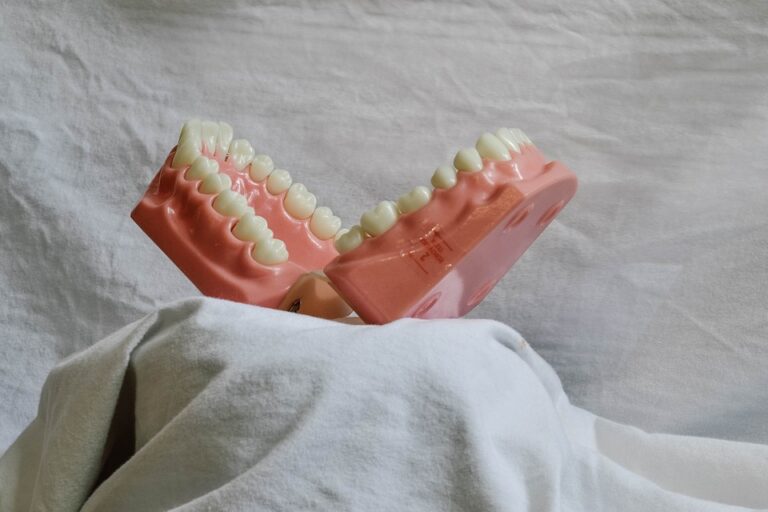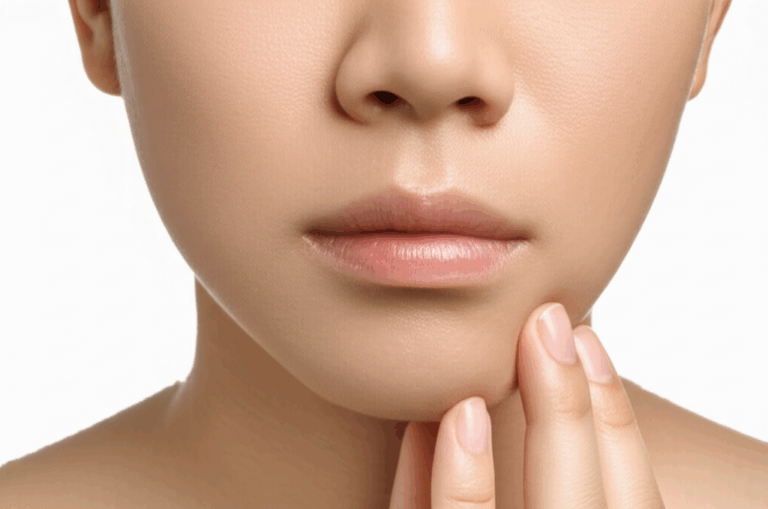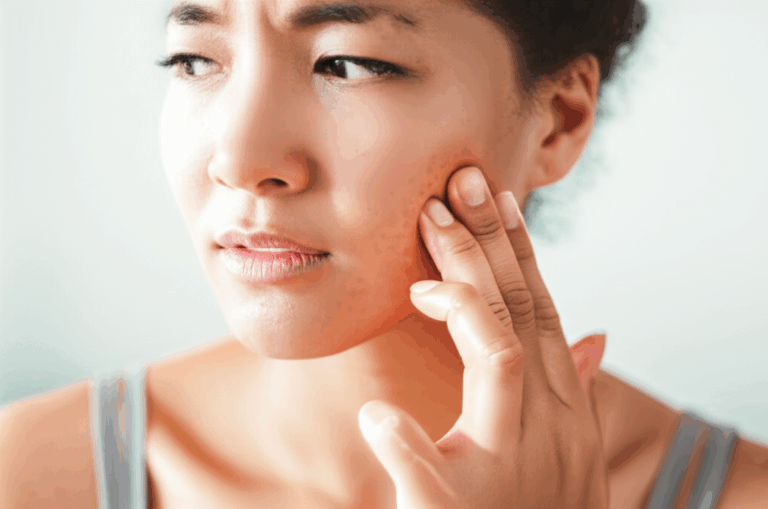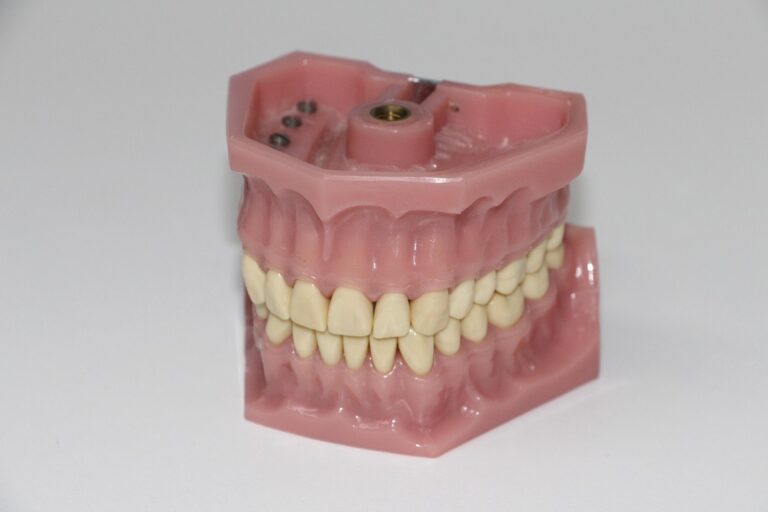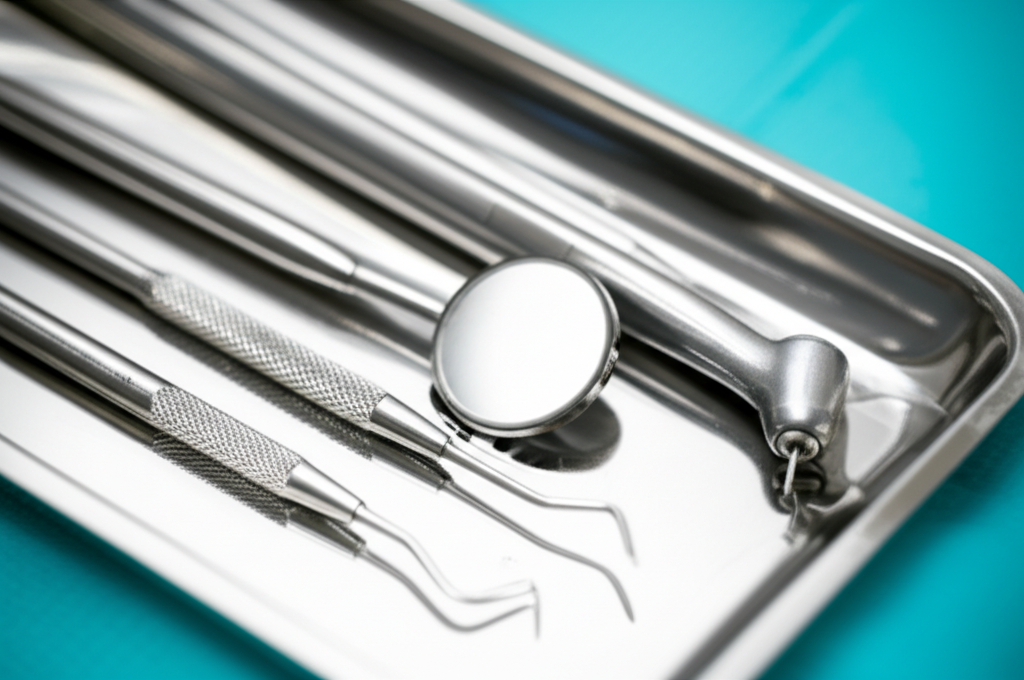
Can a Dental Hygienist Become a Dentist? Your Clear and Simple Guide to a DDS
Wondering—“Can a dental hygienist become a dentist?” You’re not alone. Lots of hardworking hygienists start to think about taking on more, helping patients in bigger ways, and maybe looking for a new challenge. If you’re thinking about this move, you’re in the right place. Let’s walk through everything you’ll need to know—step by step.
In This Article
- Making the Change: From RDH to DDS
- What You Need to Get Into Dental School
- How to Apply to Dental School (AADSAS)
- Dental School Life: What It’s Really Like
- After Graduation: Getting a License and Specializing
- Challenges and Things RDHs Should Think About
- Is It Really Worth Going From RDH to DDS? The Good and the Bad
- Frequently Asked Questions (FAQs)
- Final Thoughts: Your Dental Future
Making the Change: From RDH to DDS
Can You Really Do It?
Yes! Dental hygienists (RDHs) can become dentists (DDS or DMD). It takes time and effort, but many dentists started as hygienists. It’s not easy, but it’s definitely worth it if it’s what you want.
Why Switch? Reasons and Benefits
Maybe you want more control, more patient responsibility, more money, or the chance to run your own office. Or, you’d like to do more to help people with their teeth and smiles.
Here’s why hygienists often want to become dentists:
- More control and responsibilities: Dentists can do a lot more, like diagnosing problems and doing a wide range of dental work.
- Better pay: US dentists often make over $180,000 a year, while hygienists make about $80,000, according to the Bureau of Labor Statistics (BLS).
- Run your own practice: Dentists can be the boss, hire their team, and decide how their office is run.
- You help in a bigger way: You can catch and treat bigger dental problems and really change people’s health.
You’re not losing your current skills—you’re just adding new ones.
What You Need to Get Into Dental School
Going to dental school is a bit like following a recipe—you need certain main ingredients, some extras, and determination.
Education: More Than Just a Hygiene Degree
Having a degree in dental hygiene helps, but most dental schools also want you to have taken certain science classes. Here’s what you’ll usually need:
- Main classes:
- Biology (with lab)
- General chemistry (with lab)
- Organic chemistry (with lab)
- Physics (lab sometimes needed)
- Biochemistry (becoming common)
- English, psychology, sometimes sociology
- GPA:
- Dental schools like to see at least a 3.5–3.7 overall GPA
- Science GPA matters, too—3.4–3.6 is about average for those who get in
Do You Need a Post-Baccalaureate Program?
If you don’t have all these classes, you aren’t the only one. Many hygienists went for an associate or bachelor’s without all the science classes. There are post-bacc (after college) or pre-dental programs to help you finish these courses. You don’t have to do one, but it can help—especially if your grades weren’t the best before.
The DAT: The Test You Need
Think of the DAT (Dental Admission Test) as your ticket in. Every US dental school asks for it. You’ll be tested on:
- Natural sciences: Biology, general and organic chemistry
- Perceptual ability test (PAT): Spatial skills, which are handy for dental work
- Reading comprehension: Understanding science articles quickly
- Math section: Basic math and word problems
Most students who get accepted score a 20–21 on both the main sections, out of 30.
How to Get Ready for the DAT
Start early, maybe six months before your test. There are free and paid study guides like Kaplan DAT Prep and Chad’s Prep. Your hygiene background helps, but pay extra attention to chemistry, physics, and the PAT section—they’re tough.
Gaining Experience: Shadowing & Volunteering
Shadowing means spending time watching a dentist work. Every dental school asks for this. It shows you know what a dentist really does (and still want to do it), plus it helps make your application better.
- Shadowing hours: Try for 100 or more, but each school has its own rule.
- Volunteering: Both dental-related and other community service help. Your hygiene work counts, but try to get different experiences too.
Your Application: Letters & Your Story
Dental schools want strong recommendation letters from a dentist and science teachers who know your work.
Your personal statement should tell your story—why you want to be a dentist, what you learned from hygiene, and what you want to do in the future.
Also include clubs, leadership, research, or volunteer work. Schools like to see you’re a well-rounded person.
How to Apply to Dental School (AADSAS)
Applying to dental school is a long process. The ADEA Associated American Dental Schools Application Service (AADSAS) is where you start.
Application Steps and Important Dates
- Main application: Opens late May or June for the following year. You’ll send your transcripts, DAT scores, personal statement, and activities.
- Second applications: Some schools want extra essays or forms. Deadlines are usually late summer to fall.
- Deadlines: Usually October to February. Apply early if you can, because some schools start reviewing as soon as your app is in.
Getting Ready for Interviews
If you’re chosen, you’ll be asked to interview. Interviewers may ask:
- Basic and behavior questions: “Tell us about a tough case you worked on.”
- Ethical questions: “How would you deal with a patient who won’t follow your advice?”
- Questions about your experiences: As a hygienist, use examples from real life.
Practice, know your reasons, and let your passion show.
Picking the Right School
Offers usually come out from December to March. Lots of applicants try to get into 10–15 schools to boost their odds—only about 5–10% get in.
Look at:
- Tuition and financial help
- Location and family support
- How the school treats non-traditional students
- Hands-on opportunities and specialties
Dental School Life: What It’s Really Like
Dental school is tough and busy. It’s often called “bootcamp” for a reason—lots of classes and practice, but it will change your career.
Classes & Timeline: Four Busy Years
- Book learning: First two years are mostly classes—lots of science like anatomy and microbiology.
- Hands-on training: Start in labs, then move to real patients with help. You’ll learn everything from cleanings to extractions.
- Tests: Both written and hands-on tests are done often.
Your hygiene background helps, especially with working with patients and dental tools. But the amount of work is much greater.
The Costs: Tuition, Fees, and Living Money
Dental school costs a lot:
- Public (in-state): $50,000–$70,000 per year
- Public (out-of-state): $70,000–$90,000+
- Private schools: $70,000–$100,000+ per year
Four years can total $200,000–$400,000 or more when you include living costs, books, and materials.
How to Pay
- Federal student loans (most common source)
- Scholarships and grants: These can be from the school or based on grades, background, or agreeing to work in certain places
- Loan forgiveness programs: Some jobs may help pay back loans
Most students finish with $290,000–$400,000 or more in debt. Planning is very important.
After Graduation: Getting a License and Specializing
Getting your DDS (or DMD—they’re the same) isn’t the end. All dentists need a license.
How to Get Licensed
There are two main steps:
- National Board Dental Exam (NBDE) or Integrated National Board Dental Exam (INBDE): Test on dental knowledge (pass/fail)
- Clinical exam: Shows you can work on real (or simulated) patients, often given by groups like ADEX or WREB
- State Rules: Sometimes there’s an extra state law or ethics test
Then you can call yourself a dentist.
Working or Learning More
Some new dentists start working, but others do:
- General Practice Residency (GPR): 1-year training in a hospital
- Advanced Education in General Dentistry (AEGD): 1 year more practice and learning
- Or a specialty like orthodontics, oral surgery, or pediatric dentistry (adding 2–6 extra years)
These paths teach you more or open special jobs.
Challenges and Things RDHs Should Think About
Switching jobs like this isn’t just changing seats. There are unique problems—but also special advantages.
Time & Age: Managing School and Life
It takes a long time—finishing classes, dental school, and maybe more means 6–8 years total.
- Your age: Schools accept people in their late 20s, 30s, 40s, and up. Being older, having life experience, and a strong work ethic helps.
- Family duties: Balancing school, work, and taking care of your family is possible, but you’ll need good support.
Money Stress: Big Investment and Not Working
Going back to school (or working less) can be hard on your finances. Most use student loans, so you need a money plan.
Changing How You Think: From Hygiene to Diagnosis
As a hygienist, you help people every day. As a dentist, you make the final call, handle business, and deal with bigger decisions for your patients’ health.
Using Your Hygiene Skills
Every patient you helped, problem you noticed, or x-ray you read has prepared you. You’re already good with people, spotting dental issues, and thinking on your feet—this gives you a head start over students coming straight from college.
Is It Really Worth Going From RDH to DDS? The Good and the Bad
No perfect answer here. You have to weigh a few things.
The Good
- You’re the boss: As a dentist, you’re in charge
- You’ll make more money: Salary can double or more
- Run your own office or lead a team
- Bigger impact: You can treat and plan care for patients from start to finish
The Bad
- Big debt: New grads often owe $290,000–$400,000
- Hard work: Both while learning and after you start practicing
- Takes years: You’ll be out of the workforce awhile
- Stress: Running an office and dealing with tough cases gets stressful
Do the math: Look at your likely debt, how long you’ll work, possible earnings, and work-life balance. Some will love being a dentist, others prefer hygiene’s steady hours and focus.
Frequently Asked Questions (FAQs)
Will my hygiene classes count for dental school?
Maybe some general classes (like English or psychology) might count, but most dental schools want you to do every science class they list. Your hygiene experience makes your application strong, but it won’t replace required coursework.
Are there special “hygienist to dentist” programs?
In the US, there aren’t official “RDH to DDS bridge” programs. Some schools are known for helping older or non-traditional students, including hygienists. Look at each program carefully.
How old are most hygienists who start dental school?
Many people start in their late 20s or early 30s, but there are often students in their 40s and older. Having more life experience helps with handling patients and tough situations.
How does my RDH experience help me get in?
Dental schools really like candidates with real clinical work. Use your hygiene background to talk about patient care, solving problems, leading teams, and your commitment to dental health. Dentists and mentors from your RDH network can write you great references.
For more about teeth health and how taking care of your teeth goes from basics to more advanced treatments, check out some of our other guides.
Final Thoughts: Your Dental Future
You started in dental hygiene to help people. If you’re thinking about becoming a dentist, it’s a big step—but it can be worth it.
What you should know:
- It’s possible—lots of hygienists have done it!
- The road is longer and costs more than many think, but the payoff can be great.
- You already have skills and a head start from hygiene.
- You’ll need to take more classes, do well on the DAT, and put effort into your application.
- Money planning and support from friends and family are key.
What to do next:
- Talk to a pre-dental advisor. They’ll help you plan what you need to do next.
- Write down your shadowing and volunteering now.
- Check out student loans, scholarships, and repayment options.
- Start studying for the DAT, even if it’s early!
- Connect with other dental hygienists who became dentists. Their stories can help you see what’s possible.
Whether you go for a DDS or keep helping patients as an RDH, you are important to your community.
Curious for more? Learn more about teeth information or check out new advances in research and technology—every topic is another step toward your best dental career.
Your Healthy Takeaway
Here’s the quick version:
- Yes, dental hygienists can become dentists, but it takes years and hard work.
- You’ll need the science classes, a good DAT score, good application, and four years in dental school.
- The cost is high—in time and money—so think it over.
- Your hygiene skills are a real plus.
- Most of all: Whatever you choose, do it with confidence and care—you really can do this.
If you’re ready, talk to a pre-dental advisor or dentist mentor. Dentistry needs people like you—whether you stay in hygiene or move behind the dentist’s mask.
Wishing you a future full of happy, healthy smiles—yours and your patients’!

